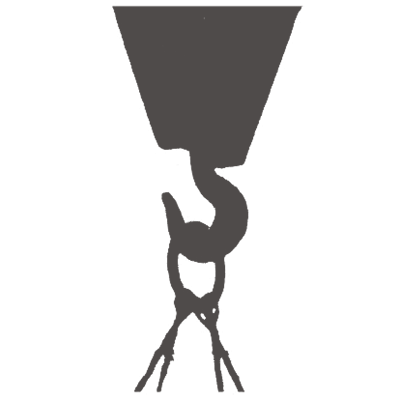Will public entities be more willing to settle disputes?
The “Creditors’ Package,” an overhaul of numerous acts, entered into force on 1 June 2017. Among other changes, it authorises public finance units to conclude settlements when certain conditions are fulfilled. This creates the hope for a more flexible attitude of public entities, open to dialogue with the private sector. But will this actually be achieved?

When is tax due on elimination of joint ownership of real estate?
Elimination of joint ownership is not always tax-neutral. This should be taken into consideration when deciding how to conduct the transaction.

Troublesome multiple royalties
The award of multiple hypothetical royalties provided for in Poland’s Copyright Act is the subject of numerous debates and various rulings by the Constitutional Tribunal and the Court of Justice of the European Union.

Contractors’ clarifications and retention of bid bonds
The regulation on retention of a contractor’s bid bond has not uniformly interpreted. Two different views have developed in the case law and the legal literature on the situations when the contracting authority can apply this sanction.

Conversion of debt to equity and sale of assets as mechanisms for restructuring public companies
Can public companies and others operating on a large scale and needing to restructure their debt take advantage of in-court restructuring using the mechanisms in the Restructuring Law?

Reservation of title to sold goods
Reservation in the sales contract of ownership of the goods until full payment of the purchase price by the buyer increases the security of a supplier of raw materials and semi-finished products to a customer threatened with insolvency.

The position of the security agent in in-court restructuring proceedings
What banks should pay attention to when granting consortium financing or considering restructuring of consortium debt.

Pre-packaged insolvency: A new debt recovery tool for financial institutions in Poland?
The pre-packaged insolvency (“pre-pack”) may become an effective debt recovery tool for financial institutions who are secured creditors, when the debtor is insolvent and the lender seeks to quickly cash out its collateral at the best price. This can also apply when in-court restructuring proceedings for the debtor are commenced but then discontinued.

Restrictions on investor’s joint and several liability
The joint and several liability of the investor on a construction project for the fees of the subcontractors under Polish law is particularly strict. Thus owners of construction projects should note the statutory solutions (recourse claims by investors and limitations in subject matter and amount introduced in the amended Civil Code) and the permissible use of contractual clauses to soften this liability regime.

Trademarks and business names: Similarities and differences
In resolving a conflict between a trademark and a business name, what will essentially be decisive is who first used the disputed designation. The true subject of the business will also be relevant.

Administrative secretaries under the ICC Rules of Arbitration
The arbitrator’s role is based on trust. Arbitrators are obliged to hear and decide cases personally. Arbitrators cannot delegate their essential duties to other persons. But it is possible and sometimes desirable to entrust supporting activities to another person, known as an administrative secretary. Delegating certain tasks to a secretary can contribute to the arbitration by helping the process go more smoothly, saving time and money, thus furthering the interests of the parties.

Issues of administrative approvals
